Thought leadership isn’t a new concept. It’s been around at least since the invention of the Gutenberg printing press in the 1400s, and you could make a solid argument that the original thought leaders were ancient orators like Aristotle and Cicero.
But today, thought leadership is becoming more challenging than ever before. No matter how authoritative you are, you can’t just stand on the street and shout your thoughts to anyone who will listen. (Well, you can, but you won’t make any money at it, and someone will probably call the police.)
Today you must stand out in an online world filled with millions of shouting voices. These voices speak in a special language that involves complex terms like blogging, keywords, search engine optimization, pay-per-click, and inbound marketing. It’s a lot to juggle, but it’s crucial to skillfully manage your online presence and reputation.
For human resources and leadership development companies, thought leadership is especially important. After all, these companies specialize in human behavior and personal interactions. These are delicate topics that require a high level of education, care, and expert knowledge from the best-informed professionals on the planet.


















.png)






